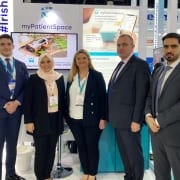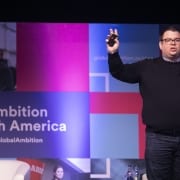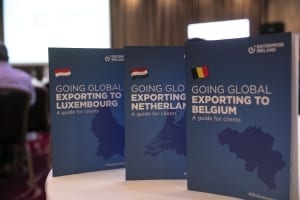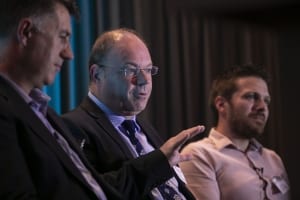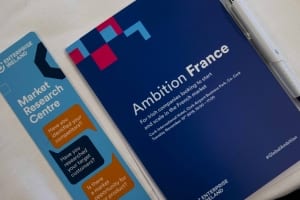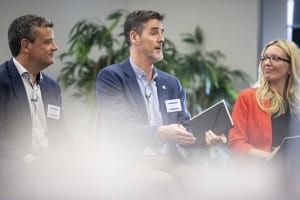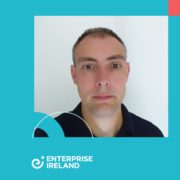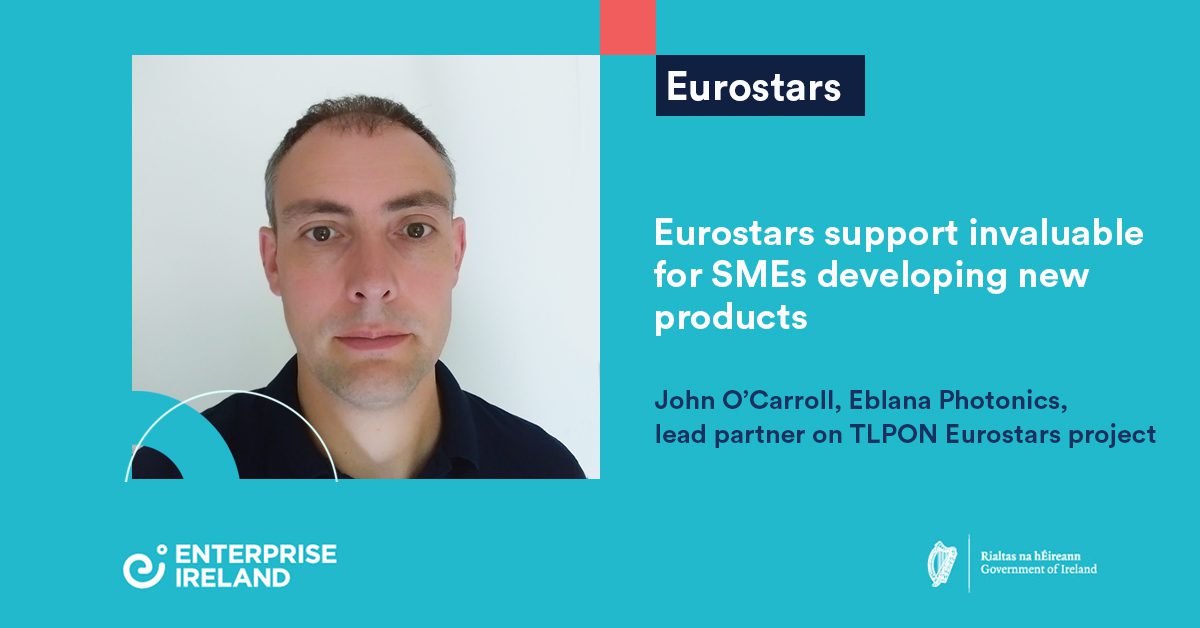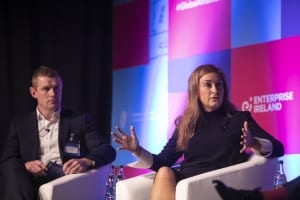Read how Flynn built its international presence
This time last year, none of us were aware of the disaster which was about to unfold across the globe. But 12 months on, industry across every sector is still reeling from the impact of the pandemic which continues to make its presence felt.
But while some businesses were affected more than others, the construction sector in many areas of the world, has continued to carry out essential works and this, according to Cormac McKenna of Flynn, a Dublin based international construction company, has been beneficial for many companies which have expanded outside Ireland.
“We have been active in mainland Europe for four years and have branches in Denmark and Germany,” says McKenna, who has been with the company for 12 years. “We are predominantly in the data centre sector in mainland Europe and our offices have a blend of both Irish and local staff.”
“We have also been active in the UK for nearly three years and have a regional office in London, servicing this market in the general contracting, fit-out and data centre markets.”
McKenna, a director with Flynn, oversees operations in Dublin and mainland Europe and says the move outside Ireland came about as a result of building on existing relationships and pitching the expertise the firm was confident would add value to European and UK projects.
“Our network of clients, design teams and traditional contactor partners have brought us data centre opportunities in Denmark initially – and these led to further operations in Northern Europe, the Nordics and the Benelux regions,” he says. “We are fortunate to have been able to continue working in Europe during the pandemic as it affected Irish business badly because the sector has been shut down twice during national lockdowns.
“Construction has continued in both the UK and Germany and because we have been working on data centres, which are deemed essential.”
The main difficulty has been getting workforce to and from sites as every jurisdiction has its own restrictions – so in some places there are quarantine regulations and in other countries, there is a requirement to provide a negative PCR test. Everywhere is different, but you just have to roll with the punches, be nimble and able to change approach as and when is necessary. And we have relied heavily on our workforce to be flexible in their approach.”
Of course it hasn’t all been plain sailing as operating in different countries can be challenging, even without a global pandemic.
“Apart from the obvious challenges to be overcome such as supply chain, logistics, legislative issues, taxation, industrial relations and nuances in the construction regulations in any new jurisdiction we enter, working overseas also raises the additional challenge of ensuring that operations in remote locations are delivered with same culture and quality that we insist on,” says McKenna.
Building an international presence
“The main issues we have faced were around sourcing supply chain and getting to grips with local legislation from an industrial relations perspective and contract law perspective. But our auditors and accountants are Grant Thornton who have an international presence, which gives us a lot of satisfaction and comfort in knowing that our approach is correct.
“We have opened offices in London, Copenhagen and Frankfurt. And Enterprise Ireland and our international auditors and accountants have been key to the successful establishment of a foothold in these markets. The key to success has also been leaning heavily on our network and ensuring we asked plenty of questions of the right people.”
Along with keeping its European interests ticking over, Flynn has also been looking after its clients here at home – but the various lockdowns have made this difficult at times.
“Like all businesses in construction, Covid 19 has affected our operations,” says McKenna. “We, like many companies, have faced difficulties and have faced additional costs for control measures and also to cover for staff who either contracted Covid or were close contacts of someone with the virus. But we managed to get through the past year by investing in people and systems along with physical controls on our sites to ensure we have industry leading controls and management systems in place.
“Our business had well tested systems for remote working and collaboration to allow our project teams and regional offices to communicate effectively. And as working restrictions were imposed, these existing systems have paid real dividends and we feel we are working as effectively as possible while keeping our teams safe.”
The Dublin based firm has been in business for over 16 years and prides itself in the quality of its people and the prestige of its clients. And according to McKenna, Enterprise Ireland has helped with this success.
“Flynn is predominantly a main contractor but over the past five years we have brought our main contracting experience to package contracting in the Hyperscale Data Centre Market,” says the company director. “And we feel the expertise in bringing teams of trusted trade contractors together and managing the entire CSA solution for our clients, brings tangible added value to any Hyperscale DC we have been involved in.
“Enterprise Ireland has been a key partner in our international growth. Their representatives are always at the end of the phone for advice and have provided key introductions in local authorities, supply chain parties and in some instances leads for new business. They have also provided tangible supports from a training and marketing perspective.
“In addition, we found the Market Discovery Fund and some of the supports we got in the marketing field to be very effective. Some of the introductions they made for us in both Denmark, Germany, The Netherlands and the UK was a great help. And also, just having someone at the other end of the phone to bounce ideas off, has been invaluable.”
The company has over 140 employees across Ireland and Europe and is currently looking to further its portfolio with opportunities in Ireland, UK and Mainland Europe. and McKenna says while 2021 may be a difficult time for construction firms to be thinking of expanding abroad, once the current crisis is over, there could be plenty of opportunity for Irish companies.
“There is a definite advantage to being an Irish company overseas, particularly one with Irish employees as we are known for having the mindset of getting things done,” he says. “In the high tech and data centre world, schedule is key and the Irish work ethic of doing what you say you will do and doing it on time, is a great advantage as we can be trusted to get the job done.
“Our aim so to grow our client base across Europe, to grow our team and to bring added value to future data centre projects. My advice to firms thinking of doing the same, would be to complete extensive research in the jurisdiction you are targeting and use the Enterprise Ireland team as they provide a lot of useful information and contacts.”



